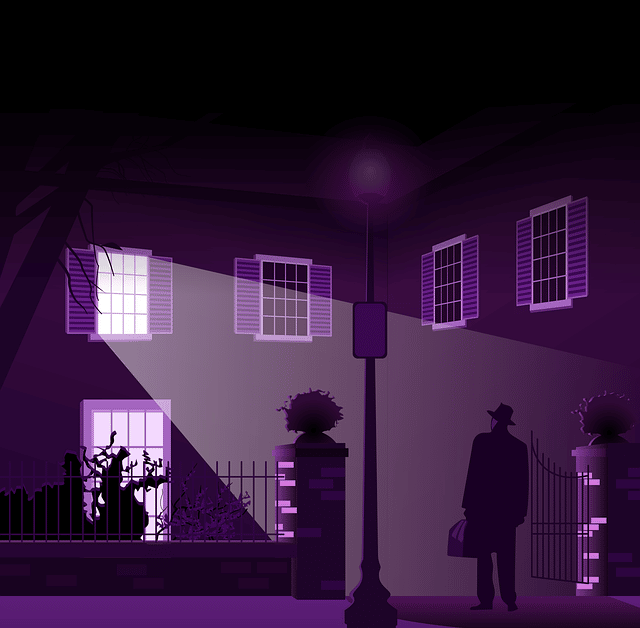
Possession is a fact with legal effects.
From the Latin possessĭo , possession is the act of possessing certain things, whether material or incorporeal . The verb possess, for its part, refers to having or knowing something. For example: "This house is the most important possession I have" , "The man was walking by the stream when he was deprived of all his possessions by a group of criminals" , "The only possession I want to leave to my son is the love of neighbor."
In the legal field, possession is a factual situation, and not a right (as property is). Property, therefore, is a consequence of possession through prescription.
Possession requires the thing itself (the corpus ) and the person's intention to behave like its owner (the animus rem sibi habendi ). It is, in short, a fact with legal effects that is protected by law so that the possessor is not obliged to prove his possessory title every time an individual intends to interrupt said possession.
Types of possession
Within the legal and legal field, we would have to establish that there are various types of possession. However, for example, in the case of Spain it is common to talk about two modalities of that:
• Civil possession . Under this name is what would be the possession that a person has over something material or a right of legitimate owner, which allows the person to carry out the acquisition of the property or the ownership of it through what would be the known as usucapion . In turn, within this type of possession there would be the concept of owner or the concept other than owner.
• Natural possession , which is the possession that someone has as well as the enjoyment of a right without the intention of owner or legitimate holder.
In addition to all of the above, we would also have to talk about the fact that it is common to use the term "take possession" . This is a verbal phrase that is used to refer to someone taking charge of a position they are going to perform or material assets in the exercise of their right. Thus, for example, you can say "The young man took possession of his new position as minister" or "The heir took possession of his new office."

"The Exorcist" is a film that revolves around a possession.
The concept in religion
For religion , possession is the taking over of a person's spirit by another spirit that acts as an internal agent and united with them. The usual thing is to associate said possession with the presence of the devil, who takes the subject's body and disrupts his behavior.
Convulsions, the development of causeless illnesses , access to previously hidden knowledge (such as a foreign language), changes in voice, supernatural strength and aversion to the sacred are some of the symptoms attributed to those possessed. . Possession can be reversed through a ritual known as exorcism.
There are many films that have addressed the topic of the devil possessing people. Thus, among them, "The Exorcist" stands out, made in 1973 by filmmaker William Friedkin , which has become a classic of the horror genre.
